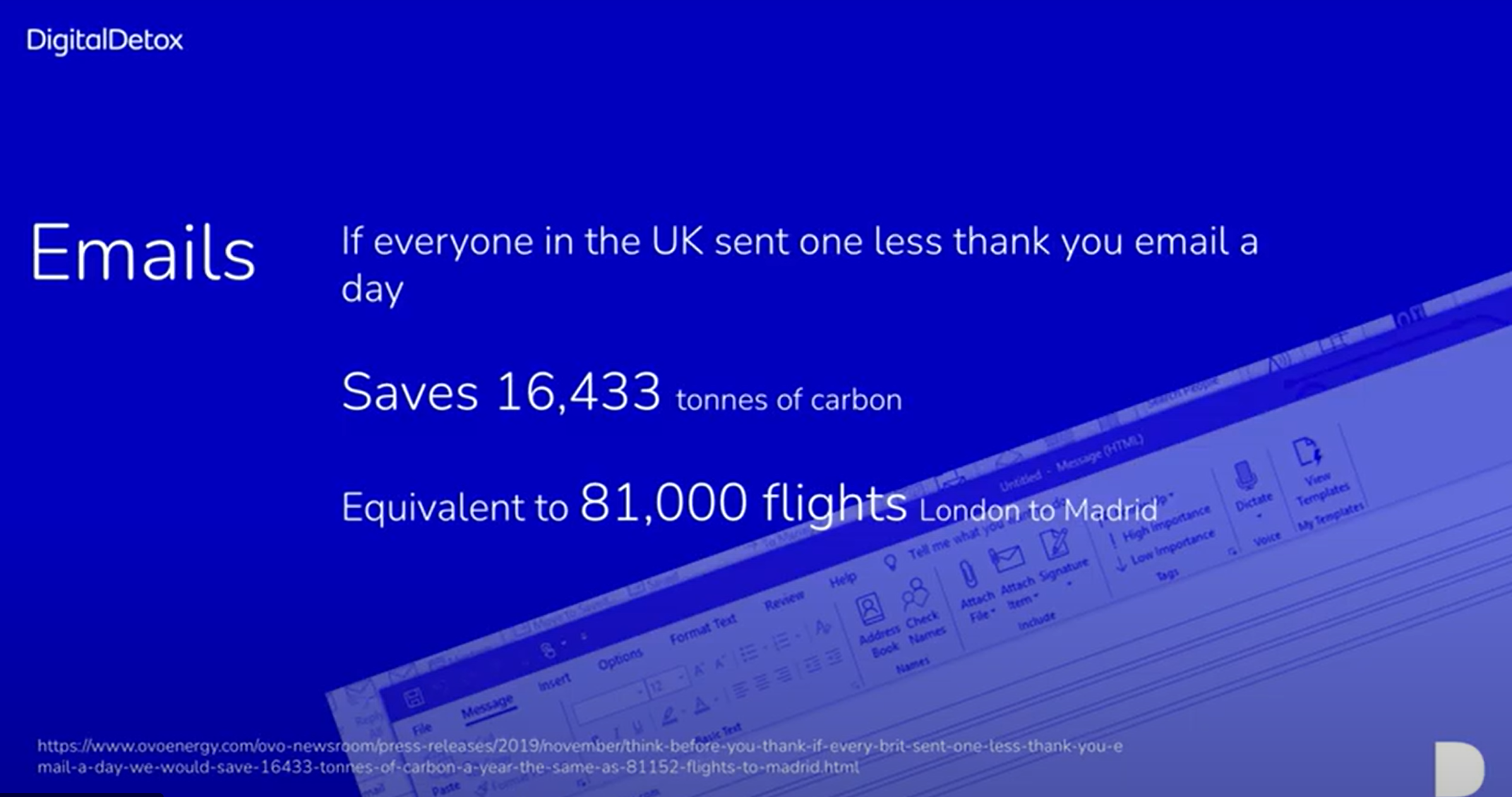It’s been one of those weeks where the weekend can’t come soon enough. I’ve been feeling quite frustrated, demotivated and somewhat absent-minded. I’ve been unable to focus in meetings and it’s taken me ages to complete tasks. I’ve been increasingly doubting myself in situations where previously I’d be confident and assured.
It could be due to challenges at work, where a lot is going on and I feel like I’m at a bit of a crossroads. We’ve achieved a lot as a team in a short space of time, so I guess there was bound to be a natural drop off and some turbulence.
It could also just be a result of working from home for 15 straight months. I’ve got into a bad habit of working when I should be switching off and then I jump straight back on my desk first thing in the morning, so my brain isn’t getting any downtime.
I don’t think it’s been fair on my colleagues so I apologise if I’ve seemed distracted or haven’t been as helpful as I usually am — or at least try to be!
I don’t know. I’m sure I will snap out of it on Monday. I’m seeing family and friends this weekend which will be a much needed distraction 🙂
T shaped people
Once a fortnight, our heads of professions meet to discuss new portfolio requests, unpick dependencies, swarm on challenges and discuss how we can get better at one thing or another.
This week we discussed how we can support people in our teams be more “T shaped”.
In a multi-disciplinary team, each person brings their unique expertise to play specific roles. However, teams can sometimes encounter bottlenecks, particularly when work transitions from one person to another e.g. analysis to build.
There are opportunities for people to become a “generalised specialist” i.e. someone who can contribute to adjacent activities, as well as their primary role; through knowledge transfers, training and pairing. The idea is, self-organising teams with T shaped people can increase overall team capacity and help with personal development.
In our case, it wasn’t so straightforward. With limited Business Analysts, our Product Managers would usually be best placed to do some of the added wrangling and systems thinking — but due to long-term challenges like single points of failure, lack of docs and silos; developers (with their specialist knowledge of these heritage systems) were going above and beyond, when really they just want the space to focus on building things.
We’re taking a multi-pronged approach to tackle this (recruitment, service teams, common components, cloud/data platforms, modernising legacy + training, pairing and docs), but it will take time. I’m just proud knowing we have brilliant people who really care!
Sustainable delivery
At the Digital Leaders conference this week, I managed to catch a talk by Charlotte Walsh on How digital transformation will create a more sustainable world. It was a real eye opener for me.
Other than recent headlines about how much energy Bitcoin consumes, tech isn’t usually what comes to mind when we talk about sustainability — certainly not compared to something like the Airline industry.
It’s certainly something I’ll be thinking about as we work on our Delivery Strategy.

